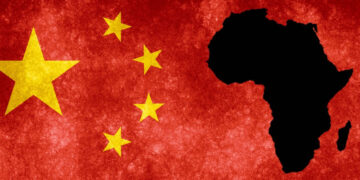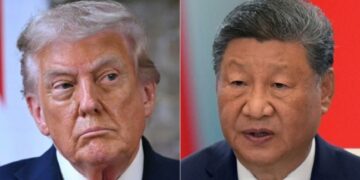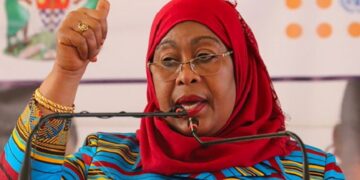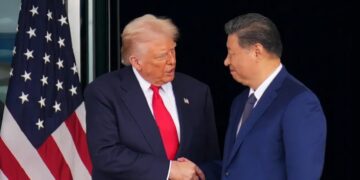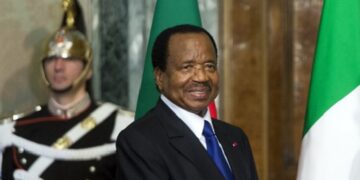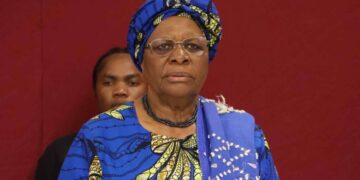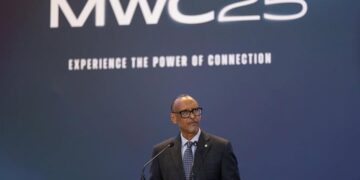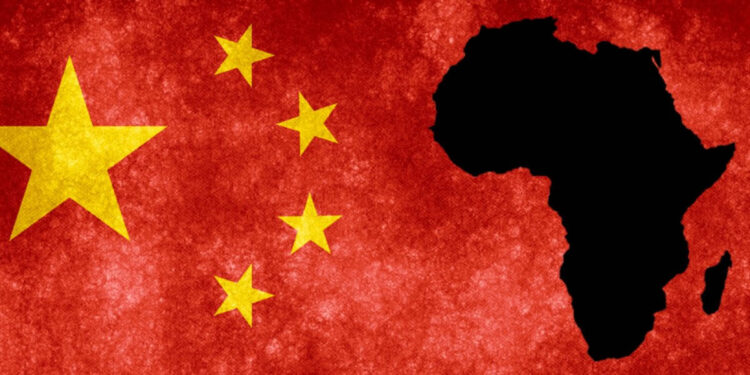China has unveiled a sweeping new trade initiative that would eliminate tariffs for nearly all African nations, marking its latest move to deepen economic ties across the continent while positioning itself as an alternative to Western trade partners.
The announcement came Wednesday during high-level talks between Chinese Foreign Minister Wang Yi and African officials in central China, where Beijing pledged to extend zero-tariff treatment to all 53 African countries with which it maintains diplomatic relations.
This bold trade overture arrives at a pivotal moment for African economies, coinciding with growing uncertainty over the future of the U.S. African Growth and Opportunity Act (AGOA) as its September 2025 expiration looms. The Chinese offer stands in direct contrast to recent U.S. trade measures that have seen some African exports hit with tariffs as high as 50 percent under President Donald Trump’s administration.
“We call on all countries, particularly the United States, to return to resolving trade disputes through consultation,” China’s Foreign Ministry stated, framing the move as part of its commitment to more equitable global trade practices.
The tariff elimination builds upon China’s existing preferential trade policies for least-developed nations, which last year granted duty-free access to 43 countries – most of them African. However, the expanded initiative notably excludes Eswatini, the sole African nation maintaining diplomatic relations with Taiwan, underscoring Beijing’s continued hardline stance on what it considers a breakaway province. This exclusion highlights how geopolitical considerations continue to shape China’s economic engagement with the continent.
As Africa’s largest bilateral trade partner, with annual exchanges surpassing $280 billion, China has been steadily consolidating its economic influence across the region. The new tariff policy could provide significant relief to African exporters in key sectors like agriculture, textiles and minerals that have faced growing trade barriers in Western markets.
The announcement comes as many African governments are actively seeking alternatives to traditional Western partnerships, with some viewing China’s state-driven economic model as more aligned with their development priorities.
The policy shift also reflects Beijing’s broader strategic calculus amid its escalating rivalry with Washington. By positioning itself as a reliable partner for the Global South, China aims to counter U.S. influence while securing access to critical resources and expanding markets for its goods.
African leaders now face complex calculations as they weigh the benefits of deeper Chinese trade integration against concerns about debt sustainability and economic dependency that have accompanied some of Beijing’s previous infrastructure investments on the continent.
Implementation timelines and specific sectoral coverage remain unclear, leaving African businesses and policymakers awaiting further details. The move could accelerate the ongoing reconfiguration of global trade alliances, particularly if it coincides with the winding down of AGOA benefits.
For China, the initiative represents both an economic opportunity and a diplomatic statement – one that reinforces its narrative as a champion of developing economies while testing the resilience of Western economic influence in Africa.
